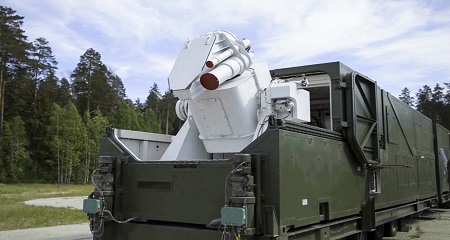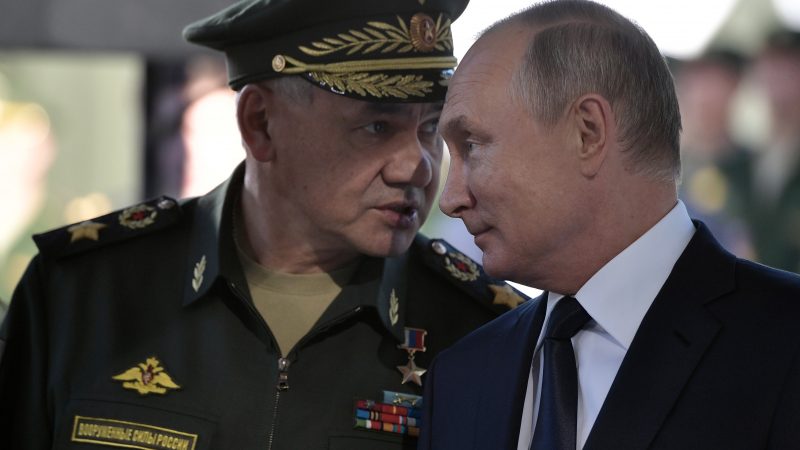Putin Plans Two New and Improved Missile Systems to Counter Trump’s Military Upgrades
Advanced Russian technology exports present a major strategic risk for the US, whether operated by China, or smaller players like Iran or Venezuela. These systems will deny access to most US ISR and combat aircraft, with only the B-2A, the “2018 bomber” and the F-22A designed to penetrate such defenses. Until the “2018 bomber” is operational, the US will have only 200 aircraft with any capability to deal with this emerging environment. – Department of Defense Statement

With all the hoopla over President Donald Trump’s Tuesday night State of the Union speech coupled with the usual anti-Trump news stories, many Americans were oblivious to Russia’s hawkish Minister of Defense Sergei Shoigu announcing that President Vladimir Putin ordered his military’s science and weapons divisions to create two land-based missile systems before 2021.
The timing will coincide with the run-up to the 2020 presidential race. Such a return to an arms race between the American and Russian military will probably be a central theme in response to Washington’s planned exit from what the Democratic Party’s leftist-wing called a “landmark nuclear arms control agreement.”
The American withdrawal from the Cold War-era Intermediate-Range Nuclear Forces (INF) Treaty comes after Washington’s frequent accusations over Moscow’s violating the nuclear pact, which bans both countries from stationing short- and intermediate-range land-based missiles in European countries.
On Friday, President Trump stated that his administration studying and proposing processes to withdraw from the 1987 treaty within six months. It was at that time that President Ronald Reagan and his national security team were aware of the enormous problems in the Soviet Union after losing a long and costly was in Afghanistan.
On the following day, February 2, Russian President Putin said Moscow would also end its participation in that treaty and would take the opportunity to begin building new types of weapons that would breach the Russia-United States weapons deal.
“Hypersonic” missile

At a meeting with defense officials on February 5, Shoigu said Russia should develop two new missile systems during the next two years. “From 2 February, the United States suspended its obligations under the INF treaty,” Shoigu had said to Russia’s state-run news media..
“At the same time they are actively working to create a land-based missile with a range of 500 kilometers or so, which is something that’s outside the treaty’s limits,” Shoigu said. “President Putin has given the Defense Ministry the task of taking symmetrical measures.”
Shoigu said during the course of 2020 and 2021, Russia “must develop a land-based version of the sea-based Kalibr system with a long-range cruise missile.”
“In this same time frame, we must create a land-based missile system with a hypersonic long-range missile,” he said.
Washington has not yet commented on Russia’s announcement, but Trump administration officials were quoted as saying last week that there were no immediate plans to test or deploy missiles banned under the INF Treaty.
Washington and NATO have accused Russia of breaching the accord by developing the 9M729 cruise missile, also known as the SSC-8.
Moscow has denied that the missile was violating the treaty and accused the United States in turn of wanting to abandon the pact so it can start a new arms race.
U.S. disarmament ambassador Robert Wood told a UN-sponsored Conference on Disarmament in Geneva on February 5 that the United States would reconsider its withdrawal from the INF treaty “should Russia return to full and verifiable compliance.”
“This is Russia’s final opportunity to return to compliance,” Wood said.


